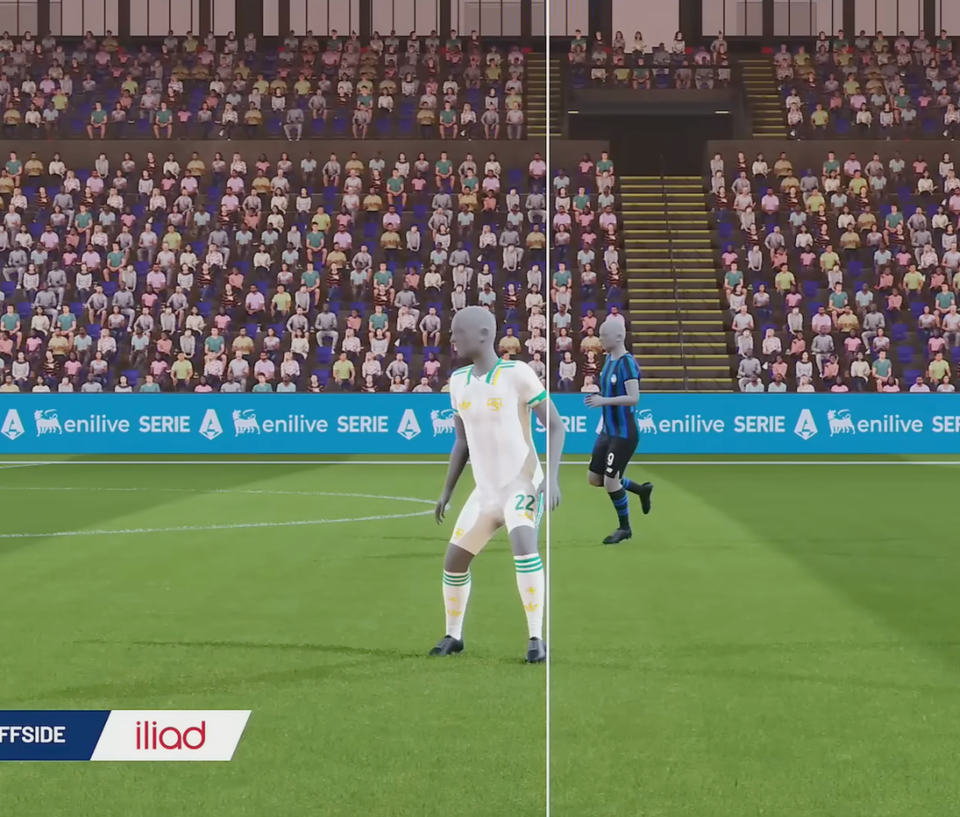Our digital breadcrumbs
The Big Data phenomenon behind the Cold Play jumbotron saga

The Cold Play jumbotron saga has been getting max play on my timelines the past week (for background, see here). To recap, during a recent Cold Play concert, a random couple was shown on the big screen being intimate. The couple and another friend noticed they were on camera, and instead of waving and smiling at it, the couple ducked out of view. The singer narrated the scene to the crowd, and speculated that the couple were caught having an affair or were just really shy.
In another world, one would just laugh at this awkward scene and move on. The reaction was worse than the act; they were touching but weren't making love or something.
We aren't in ordinary times. We have been thrusted into the Big Data era, like it or not.
***
So what happened next? Someone decided to "dox" them. "Dox" is the slang for putting out the identity of someone without their consent.
Doxing is super easy because our photos and images have been stockpiled by countless, mostly secretive, businesses. We put data into these databases every time we upload a photo of ourselves to the cloud, or compliantly upload a headshot to verify our identity, or use our face to log into a device. Even if one is very careful never to put one's own photo on a remote server, one can't stop one's friends from uploading a photo from the last outing, and then tagging all participants. The act of tagging a person on a photo is to create an entry in a database that connects a name to an image of a face.
Your phone may automatically identify faces in your camera roll; it may even create folders for specific people that have been detected in multiple photos - without your explicit tagging. Once there exists a folder of photos of the same person, it's simple to now put a name to the folder. If your phone isn't doing it, it's because some years ago, a certain business - I recall it being Facebook - made face recognition a feature of the camera, and users pushed back against it. But, these service providers, whether it's Apple, Facebook, or any number of other players, can easily put name to face. Today, my sense is that the resistance to such technology has mostly dissipated.
Because of this type of technology, it's straightforward for anyone (who's willing to pay a subscription fee) to "dox" someone from a photo. Thus, the couple at the Cold Play concert was quickly found to be the CEO and head of HR at an AI startup. Then, strangers found their way to all their social media, including Linkedin profiles, and the world learned everything about anything that can be found publicly. Journalists are feasting on the situation too, which explains why my timelines won't stop pushing this content.
With AI, this type of content can be generated today without human intervention. The only possible barrier is the absence of a preexisting subscription to the doxing service. If this is in place, AI can dox the person, fetch all their social media content, and write any number of sensational articles.
***
This is yet another example of technologies that have useful applications but can be turned into something much more sinister. I refuse to believe that the disappearance of opposing voices means people accept these negative consequences.
The more salicious aspect about that embracing couple is that both the CEO and the head of HR are married - and not to each other. All the writers assume that they are cheating on their spouses. But do we really know? It's certainly possible that both couples are in open relationships. I have no idea, but neither do those who label them as cheaters.
We have seen similar crowd behavior before, but in a much graver setting. Remember the gruesome quadruple murders in a college town In Idaho. Incidentally, the PhD student in criminology recently accepted a plea deal to avoid potentially getting the death penalty (link). The convicted murderer wasn't apprehended for some time after the murders, and during this time, people obtained video footage from various places the victims visited that fateful night. The Internet sleuths doxed quite a few people, scoured their social media content, and pushed stories that accused them as likely quadruple-murder suspects. For example, this professor later filed a lawsuit against one of the Tiktok influencers for defamation (link).
The technologies and culture that drove these false accusations are the same as those that doxed the pair at the Cold Play concert. In the Idaho murders case, we can now say for sure that those doxed individuals were definitely falsely accused. If the faces of these individuals weren't readily found in databases, they would not have been dragged through the mud.
Even if the couple were engaging in extramarital affairs, implying they also were flaunting workplace rules, and one holds moral values dearly, is this how we want society to handle such cases?



